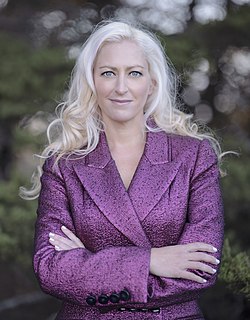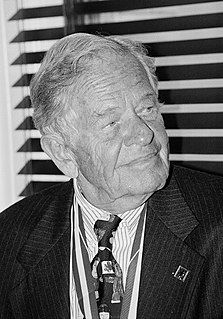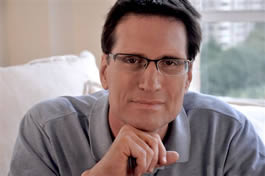A Quote by Jane McGonigal
Scientists have demonstrated that dramatic, positive changes can occur in our lives as a direct result of facing an extreme challenge - whether it's coping with a serious illness, daring to quit smoking, or dealing with depression. Researchers call this 'post-traumatic growth.'
Related Quotes
Here, we have a country that is making its veterans, people who are struggling with post-traumatic stress, people who are struggling with depression, who often they're only hope is their access to marijuana to treat these illnesses, and here we are criminalizing them for doing what's necessary to stabilize their lives as a result of their service. This is not who we are as a country. We are better than this.
A family's responses to crisis or to a new situation mirror those of a child. That is to say, the way a small child deals with a new challenge (for instance, learning to walk) has certain predictable stages: regression, anxiety, mastery, new energy, growth, and feedback for future achievement. These stages can also be seen in adults coping with new life events, whether positive or negative.
If you view everything through the lens of fear, then you tend to stay in retreat mode. You can just as easily see a crises or problem as a challenge, an opportunity to prove your mettle, the chance to strengthen and toughen yourself, or a call to collective action. By seeing it as a challenge, you will have converted this negative into a positive purely by a mental process that will result in positive action as well.








































